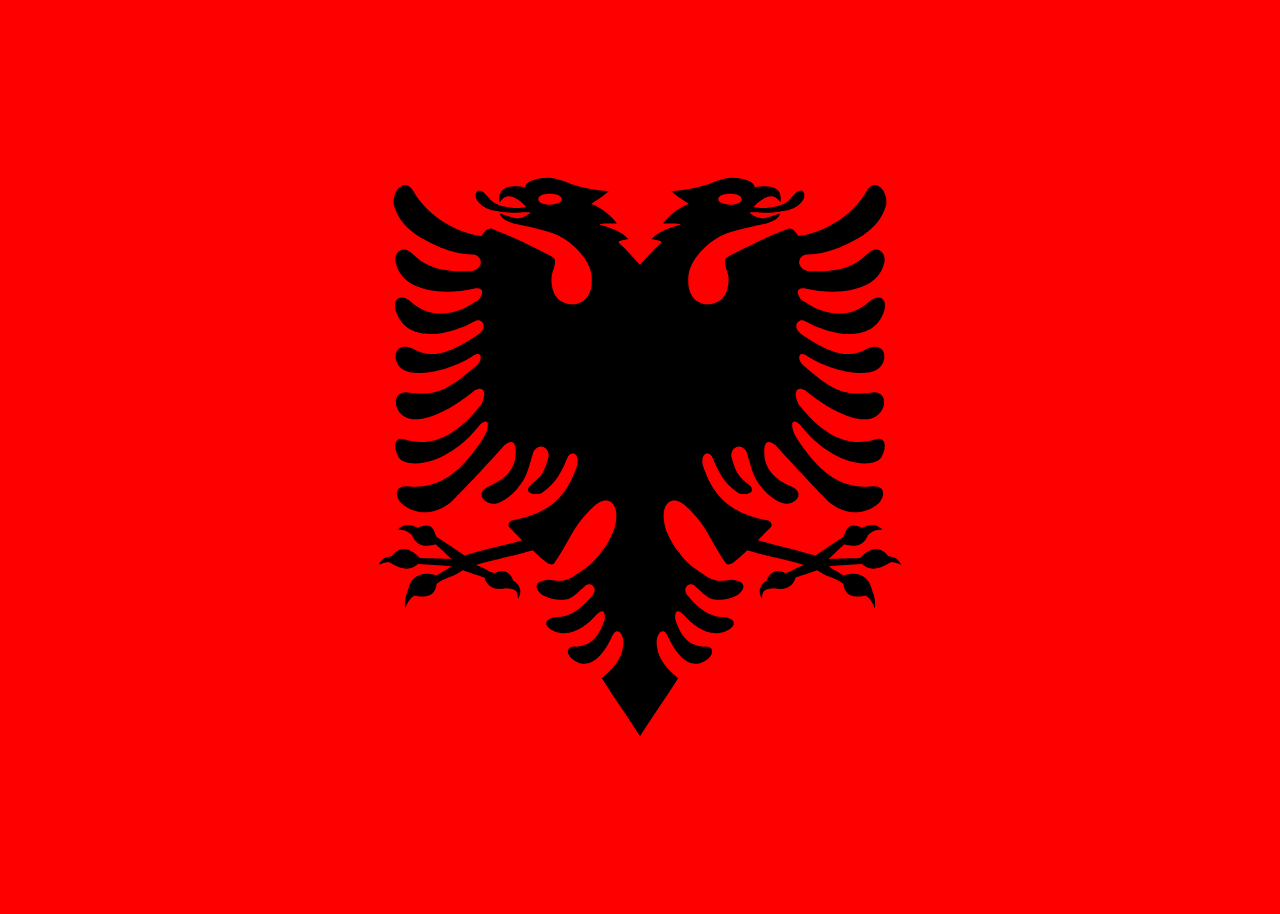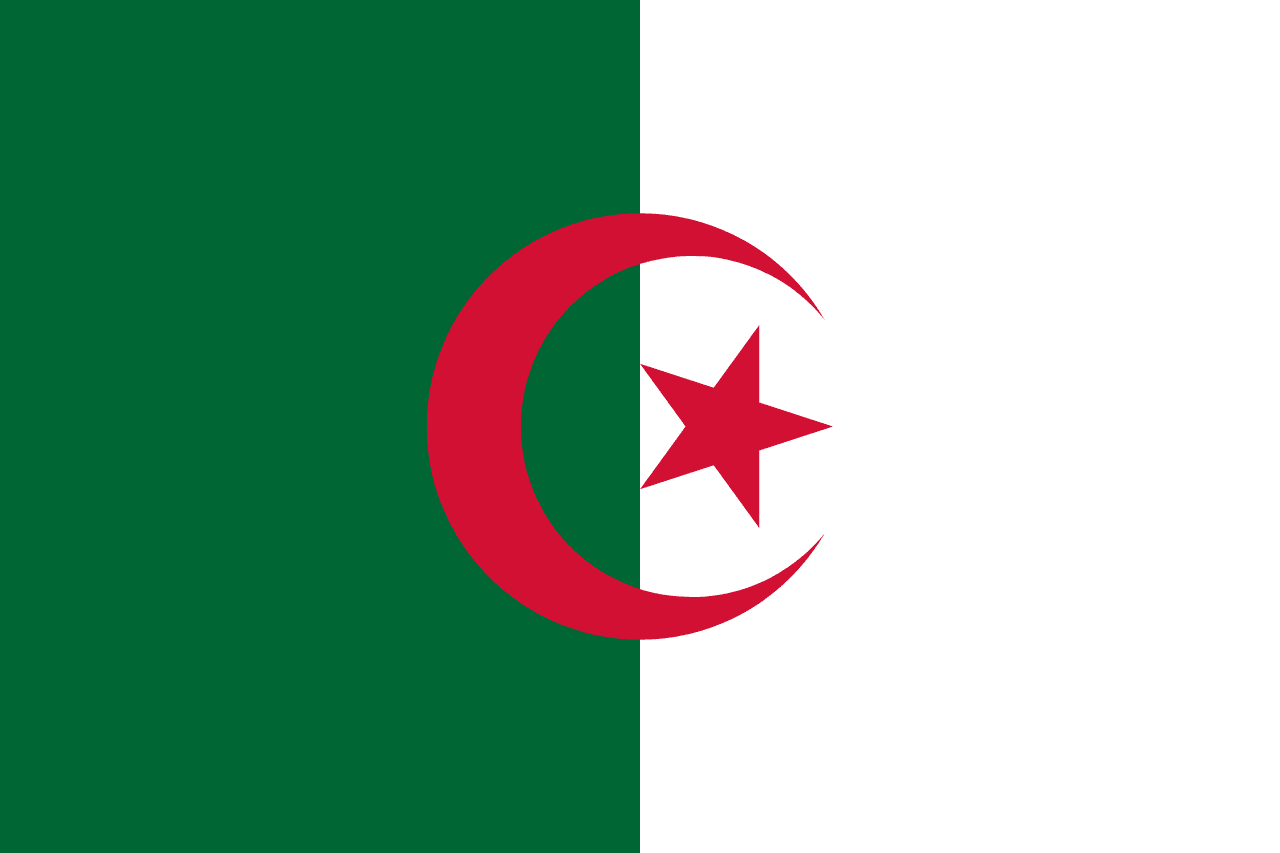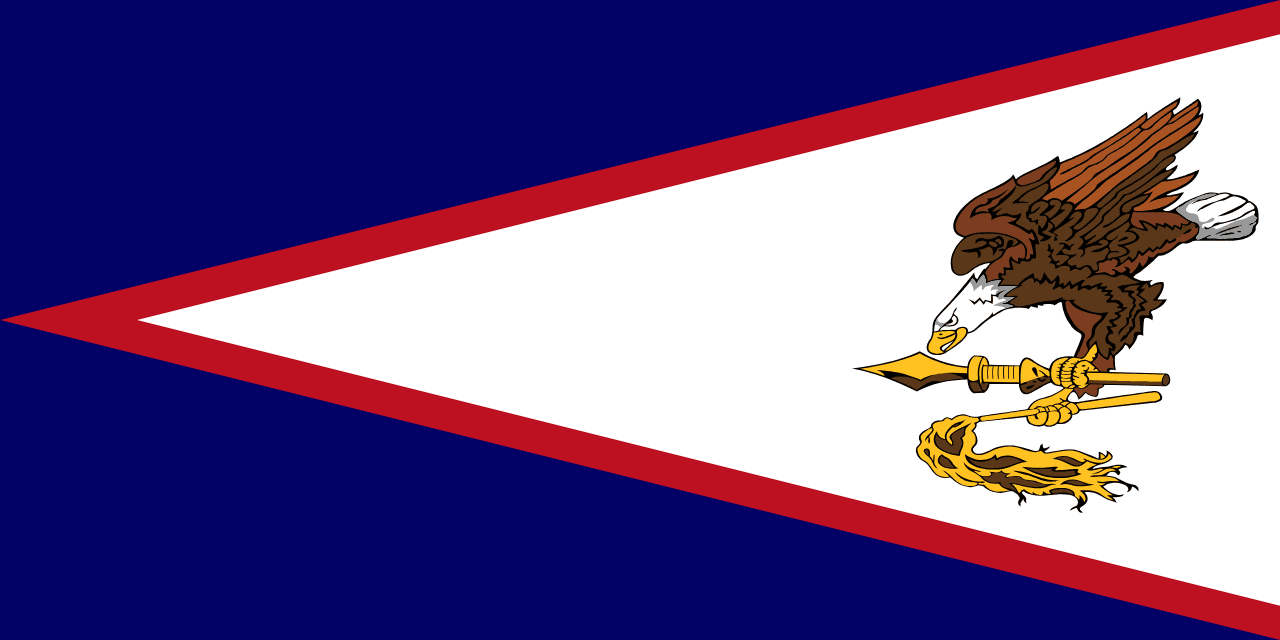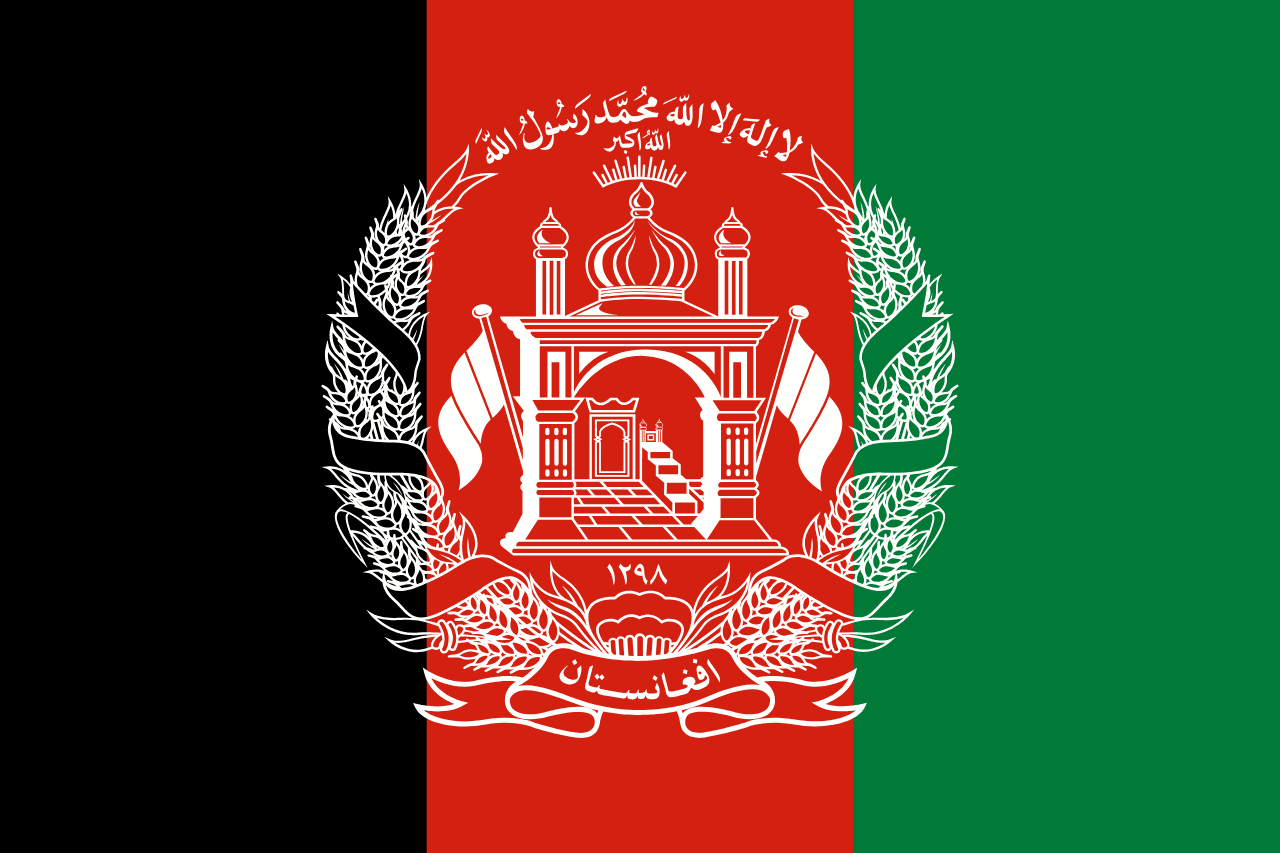The flag of the Åland Islands is a striking emblem that consists of a vibrant red field adorned with a bold yellow Scandinavian cross extending to the edges of the flag. This distinctive design encapsulates the unique cultural and political identity of the Åland Islands, reflecting their autonomous status within Finland and their deep historical ties to Sweden.
Åland Islands information
| National Flag Day | April 3 |
| Sovereign state | No |
| Official name | — |
| Capital | Mariehamn |
| Population | 29,000 |
| Area | 1,583 km² |
| Currency | Euro (€) (EUR) |
| Language | Svenska (Swedish) |
| Continent | Europe |
| Region | Nordic countries |
| Subregion | Baltic Sea region |
| Borders | Finland (maritime border) |
| Timezone | Eastern European Time (EET) UTC+2 |
| Calling code | +358-18 |
| Top-level domain | .ax |
History of the Åland Islands flag
 The flag of the Åland Islands was officially adopted on April 3, 1954, marking a significant milestone in the islands' journey of self-governance and cultural affirmation. The creation of this flag came after a long period of discussion and debate about how best to represent Åland's unique position as an autonomous region of Finland with strong Swedish cultural influences.
The flag of the Åland Islands was officially adopted on April 3, 1954, marking a significant milestone in the islands' journey of self-governance and cultural affirmation. The creation of this flag came after a long period of discussion and debate about how best to represent Åland's unique position as an autonomous region of Finland with strong Swedish cultural influences.
The adoption of the flag was a result of careful consideration to balance the islands' political status within Finland and their cultural affinity with Sweden. It was designed to visually represent Åland's complex historical narrative and its distinct identity within the Nordic region.
Prior to the adoption of this flag, Åland had used various unofficial flags and symbols. The current design was chosen to clearly distinguish Åland from both Finland and Sweden while acknowledging its connections to both nations.
Symbolism and design of the Åland Islands flag
The design of the Åland Islands flag is rich in symbolism, reflecting the islands' unique geopolitical position and cultural heritage:
- The red field symbolizes Finland, acknowledging Åland's status as an autonomous region within the Finnish nation. Red is a prominent color in the Finnish flag, creating a visual link between Åland and its parent country.
- The yellow Scandinavian cross represents Sweden, reflecting the islands' historical ties to Swedish culture and heritage. The use of the Scandinavian cross design also connects Åland to the broader Nordic community.
- The combination of red and yellow creates a visually striking flag that stands out among other Nordic flags, symbolizing Åland's distinct identity.
- The extension of the cross to the edges of the flag is typical of Scandinavian flag designs, further emphasizing Åland's Nordic character.
Usage and significance of the Åland Islands flag
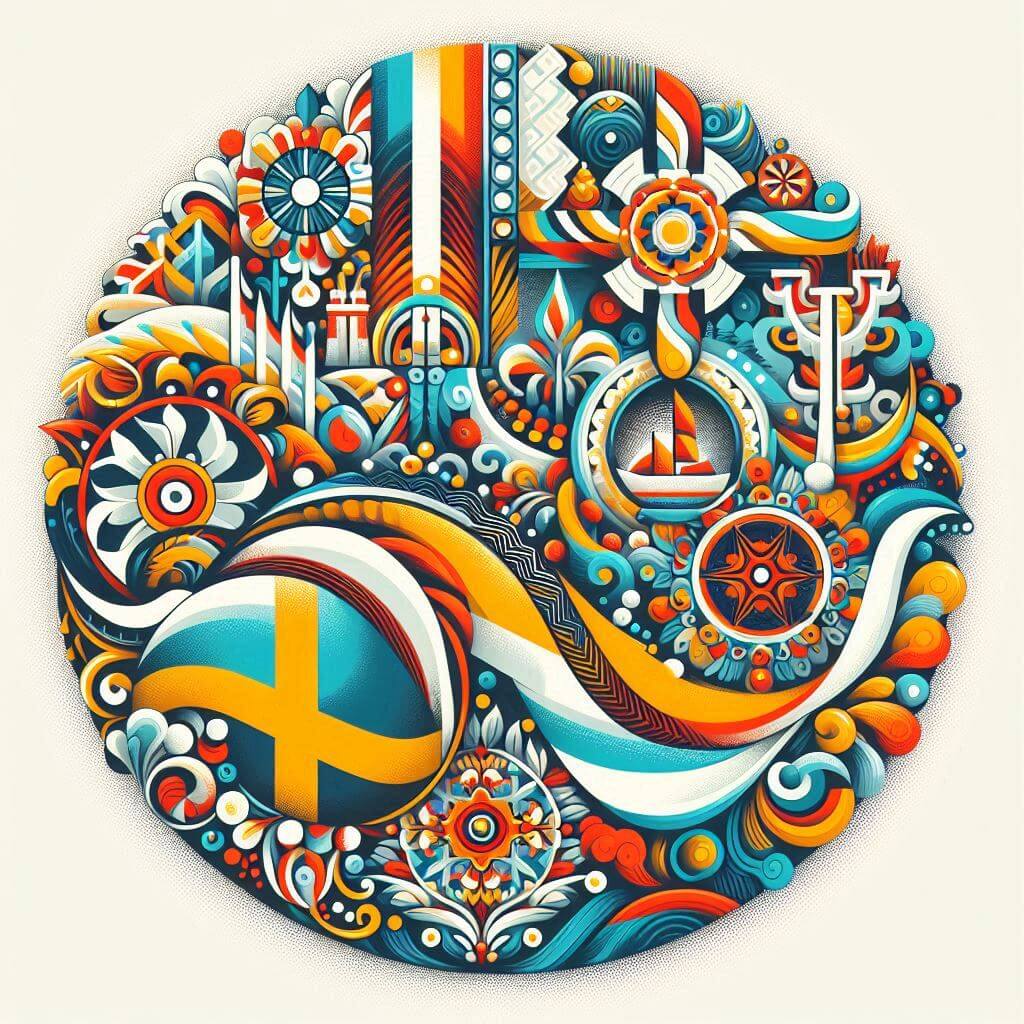 The flag of the Åland Islands holds great significance for the islanders and plays a crucial role in representing their autonomous status and cultural identity. It is used in various contexts:
The flag of the Åland Islands holds great significance for the islanders and plays a crucial role in representing their autonomous status and cultural identity. It is used in various contexts:
- Official representation: The flag is flown on government buildings in Åland and used to represent the islands in international contexts, such as at Nordic Council meetings.
- Cultural events: It is prominently displayed during local festivals, cultural celebrations, and sporting events, fostering a sense of community and shared identity among Ålanders.
- Maritime use: Given Åland's strong maritime traditions, the flag is often seen on local ships and boats, both as a symbol of origin and pride.
- Tourism: The flag serves as a recognizable symbol for visitors, representing Åland's unique status and attracting interest in its distinct culture and history.
Interesting facts about the Åland Islands flag
- Åland Islands is an autonomous, demilitarized region of Finland located in the Baltic Sea, comprising an archipelago of over 6,700 islands and skerries.
- The islands are known for their maritime culture, picturesque landscapes, and unique status as a Swedish-speaking region of Finland.
- The flag's design symbolizes the islands' unique position within Finland and their historical connections to Sweden, reflecting their complex cultural identity.
- Åland's autonomous status, recognized internationally, allows it to have its own flag, postage stamps, and internet domain (.ax), despite being part of Finland.
- The adoption of the current flag design in 1954 marked a significant moment in affirming Åland's identity, coming several decades after the League of Nations decision in 1921 that granted Åland autonomy within Finland.
- The Åland Islands flag is one of the few sub-national flags to be widely recognized and used in international contexts, reflecting the islands' unique autonomous status.
- Despite its similarities to other Nordic flags, the Åland flag's specific combination of red field and yellow cross is unique, making it instantly recognizable among Nordic emblems.
- The flag represents not just a political entity but a distinct cultural community, with Swedish as the official language and a culture that blends Finnish and Swedish influences.
